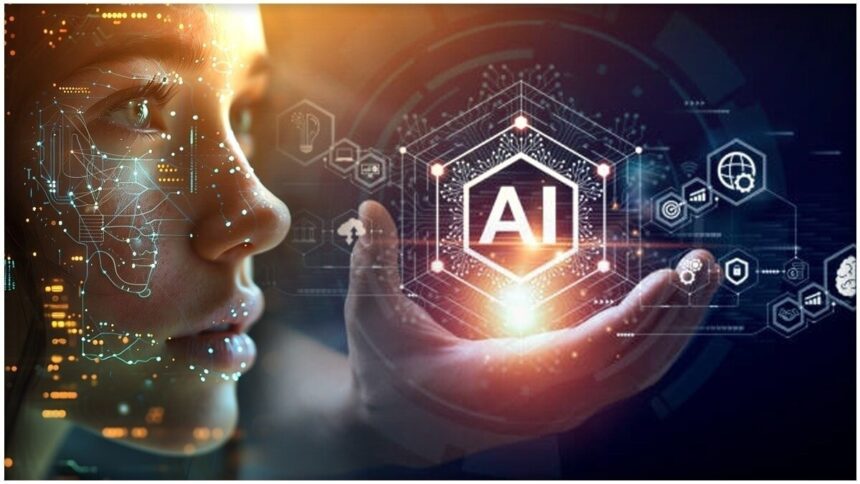The promise of AI is boundless, yet its true power remains out of reach not because of the technology itself, but because of us. While AI can fuel breakthroughs, solve daunting challenges, and redefine industries, its impact is shaped and often constrained by human priorities, biases, and ambitions.
Flawed systems, skewed data, outdated regulations, and narrow commercial aims risk diluting AI’s transformative potential. Without deliberate leadership and vision, we may end up stifling the very technology poised to redefine our future.
Kunal Shah, Founder of CRED, believes that artificial intelligence has yet to reach its true potential — and the bottleneck, he says, is us.
In a post on X (formerly Twitter), Shah wrote, “Most people are using AI in same way older generations are using smartphones today. Ability to harness potential of technology will be limited unless the hardware is upgraded. Hardware being us.”
The post sparked widespread discussion, with users weighing in on the challenge of keeping pace with evolving technologies.
“I know. That generation gap will always be there. But it doesn’t limit anyone. Even for the older generation, there are some who use smartphones efficiently. So there is definitely a clear possibility that AI can be adapted in a similar way. Just imagine the kids who are born during these years, they will be experts even in early years,” one user commented.
Another added, “Tools keep evolving, but transformation only happens when the mind upgrades. New tech. New possibilities. Same old thinking won’t work.”
“A new technology is new for those who are born before the new technology comes along. My kid uses AI the same way I use the fridge, i.e. without thinking about the technology behind it,” wrote another.
Artificial intelligence continues to be shaped and limited by human usage. Regardless of how advanced a system becomes, it can only perform within the frameworks designed by human intention and creativity. Biases in data, restricted problem definitions, and short-sighted goals often hold back AI from realizing its broader potential.








